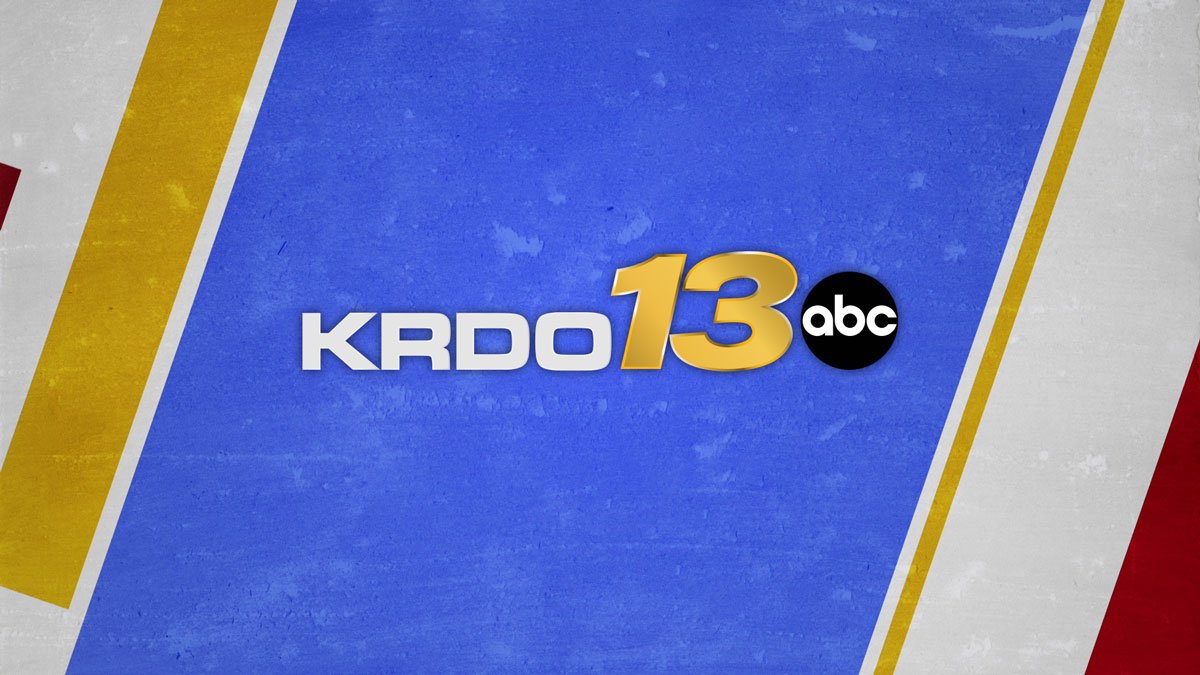‘Go around. Go around. Go around’: Pilots who came within 150 feet of a crash share how they deftly averted disaster
CNN
By Pete Muntean and Marnie Hunter, CNN
(CNN) — The weather was about as bad as it gets, in terms of dense fog. The pilots of a FedEx cargo plane couldn’t see the runway or the airfield at Austin-Bergstrom International Airport. But they’re trained for such “Category III” approaches — an automated approach when pilots don’t need to see to land, as long as everything in the aircraft is functioning properly. And it was.
But human error in the air traffic control tower and a lack of critical safety technology brought the plane within about 150 feet (46 meters) of a Southwest Airlines plane carrying 128 people, according to a National Transportation Safety Board report about the February 4, 2023, incident.
“I saw the silhouette of the other airplane, which is when I called … ‘Go around. Go around. Go around,’ ” First Officer Robert Bradeen told CNN’s Pete Muntean, in the first TV interview about the incident.
“It was definitely a shocking moment. You don’t expect to see an airplane that, that close. And you hope never to see them that close,” Bradeen said.
Captain Hugo Carvajal started the go-around procedure and their aircraft climbed to safety.
“I knew it was pretty close because I knew Rob’s – just the inflection in his voice when he said, ‘go around,’ ” Carvajal told CNN. “And then the focus at that point is just getting away from the ground, getting away from the airplane.”
The Austin incident is now known as the closest near-collision during a time when they kept happening at airports coast to coast. The National Transportation Safety Board has investigated more than a dozen similar cases since the start of last year.
On Thursday, another near-miss was added to the list when an Alaska Airlines plane and a Southwest plane nearly collided in Nashville.
In some cases, hero pilots such as Bradeen and Carvajal have kept collision courses from turning deadly. On Thursday, the pair received their union’s Superior Airmanship Award for the teamwork and vigilance that prevented what would have been the worst air disaster in decades.
‘Very routine right up until the very end’
The pair put their quick response down to training and experience. Carvajal has been with FedEx for 22 years; Bradeen has been flying for the company for about five and a half years.
The flight was business as usual – until it wasn’t. The two briefed the approach before they got on the plane in Memphis and they briefed it in flight. And they’ve repeatedly trained for the Category III approach.
“It was very routine right up until the very end,” Bradeen said.
But about three miles out from landing, they grew uneasy when an air traffic controller cleared the Southwest flight to take off in front of them.
“We heard Southwest check in and then tower cleared them, which surprised us both. We kind of looked at each other and voiced a little skepticism about it. And Hugo asked me to confirm that we were still cleared to land, which I did,” said Bradeen.
The Southwest Boeing 737 was sitting in the center of the runway for 19 seconds, according to the NTSB report, as the FedEx Boeing 767 barreled toward it in the fog. The pilots’ awareness was heightened, but Bradeen said he didn’t realize a collision was imminent until about 100 or 150 feet away.
“I was looking outside because we were concerned. So I was glancing between inside monitoring systems and looking over the glare shield at the, trying to get sight of the runway and our touchdown zone. And I saw a position light in the silhouette of the Southwest airplane right over the glare shield with closure.”
And he called for the go around. Looking outside of the aircraft during such an approach isn’t typical, Bradeen said, but because he was uncertain about the location of the Southwest plane, he was glancing between the interior systems and the exterior.
“And luckily I was able to look out at the right time and see him.”
Luck, plus years of experience.
‘This could have been a tragedy’
“This could have been a tragedy. If there were not two well-trained and qualified pilots on the flight deck that day, we could certainly be telling a very different story right now,” said Captain Jason Ambrosi, president of the Air Line Pilots Association.
The NTSB issued seven recommendations in June based on the Austin incident, including installing technology at all commercial airports to detect movement of planes and vehicles on the ground. The FAA has said it would be installing a surface detection system at some airports by the end of 2025. Austin would be among those airports.
Carvajal said “getting the dollars to support that kind of equipment at every airfield” is important. He underlined that having two pilots in every cockpit is critical to safety.
“This incident could have been catastrophic. If not for the heroic actions of the FedEx crew,” said Jennifer Homendy, the NTSB chair, during a hearing this spring. She thanked the pilots for saving lives.
But do the pair see themselves as heroes?
“It depends on your perspective,” Bradeen said. “To us, we did our job. It’s what we’re trained to do.”
The-CNN-Wire
™ & © 2024 Cable News Network, Inc., a Warner Bros. Discovery Company. All rights reserved.

